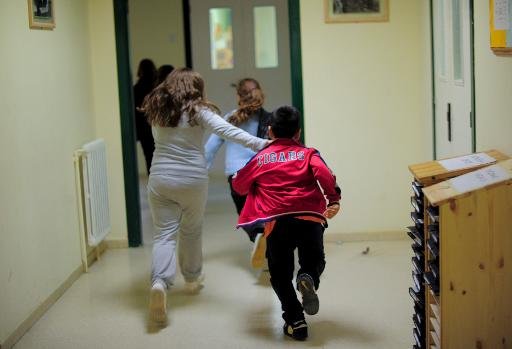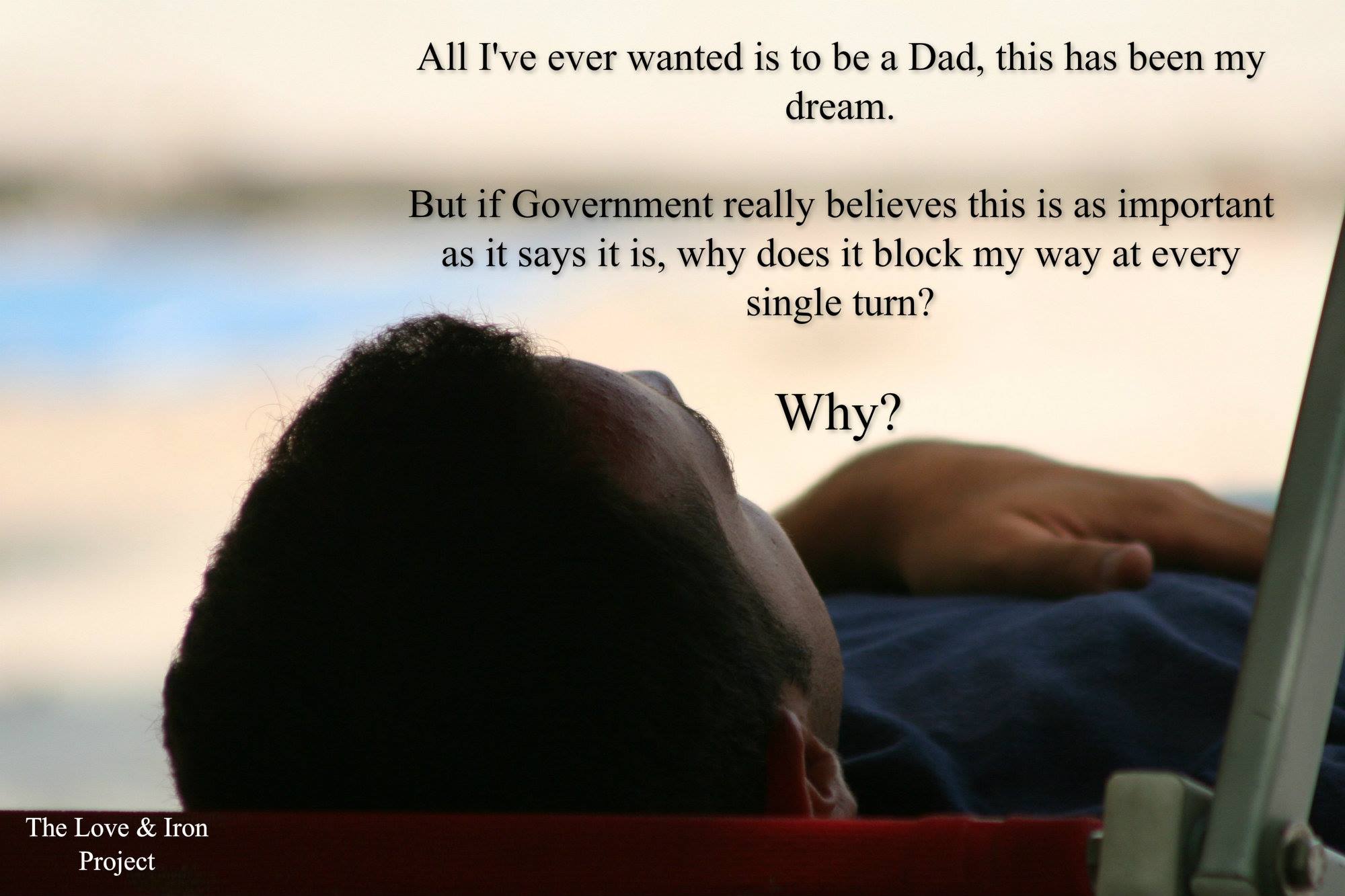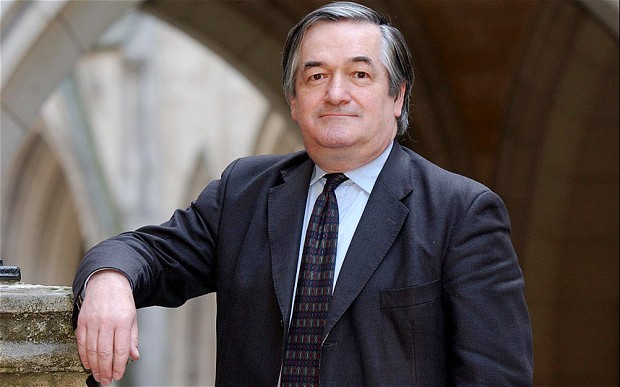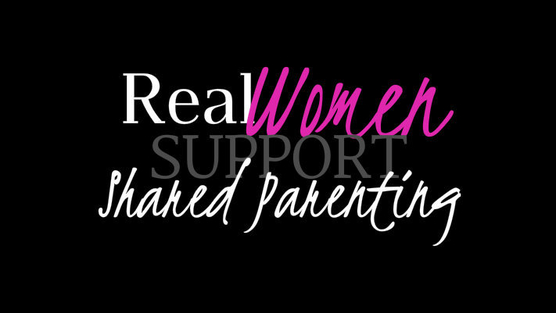 Children play in a corridor in Barcelona, Spain on November 21, 2012Children play in a corridor in Barcelona, Spain on November 21, 2012
Children play in a corridor in Barcelona, Spain on November 21, 2012Children play in a corridor in Barcelona, Spain on November 21, 2012
An excerpt from an article from http://www.france24.com
Doctors sounded a warning Tuesday over a rise in ADHD diagnoses, saying some children may be needlessly taking powerful drugs intended to correct a poorly understood disorder.
Writing in the British Medical Journal (BMJ), the researchers noted treatment for attention-deficit/hyperactivity disorder (ADHD) had risen massively in recent years, even though its causes are unclear and drugs can have adverse effects.
ADHD is a disorder blamed for severe and frequent bouts of inattention, hyperactivity or impulsivity. Children and young adolescents are those who are most diagnosed with it.
But some experts fear the term ADHD may “medicalise” problems related to a child’s personality or maturity level, the effects of poor parenting or other home problems.
In Australia, prescriptions for the stimulant Ritalin and other ADHD drugs rose by 72 percent between 2000 and 2011, while in Britain and the Netherlands prescriptions roughly doubled between 2003 and 2008, said the paper.
According to the US National Institute of Mental Health (NIMH), nearly one in 11 American children aged 13-18 and one in 25 adults are affected by ADHD.
The analysis noted that Ritalin and other drugs were meant to be used only for “severe” ADHD symptoms, which according to research data only occur among about 14 percent of children with the condition.
Yet “about 87 percent of children diagnosed with ADHD in the US in 2010 subsequently received medication,” it said, warning of “unnecessary and possibly harmful medication treatment”.
The study said the main ADHD drugs could have side effects like weight change, liver damage and dwelling on suicide. And the drugs’ long-term impact, as a child moves into adulthood, remained unknown.
The study, led by Rae Thomas at the Centre for Research in Evidence-Based Practice at Australia’s Bond University, did not dispute the existence of ADHD as a medical condition.
Read the entire article HERE




